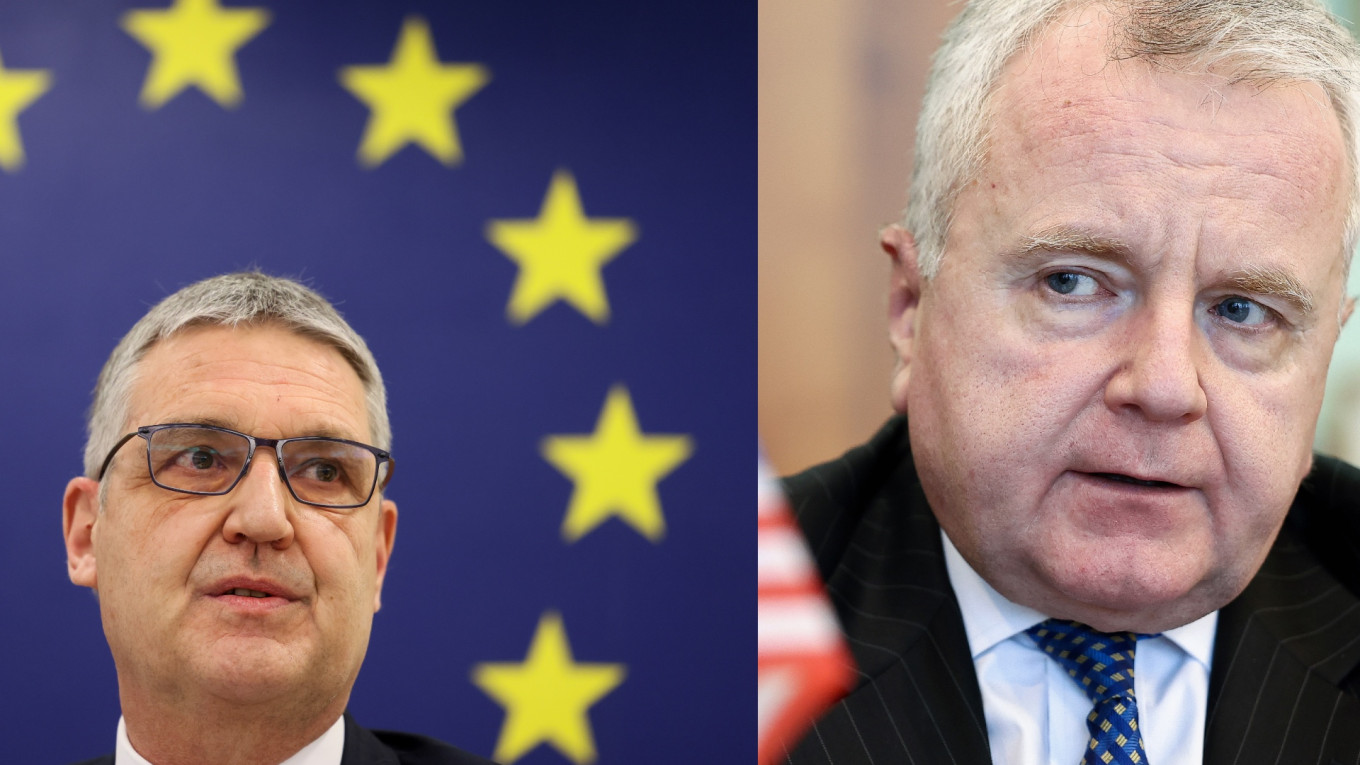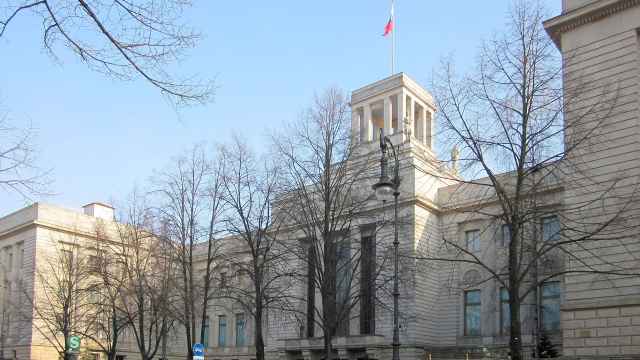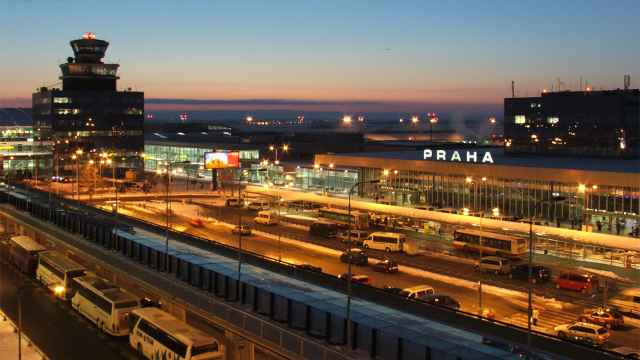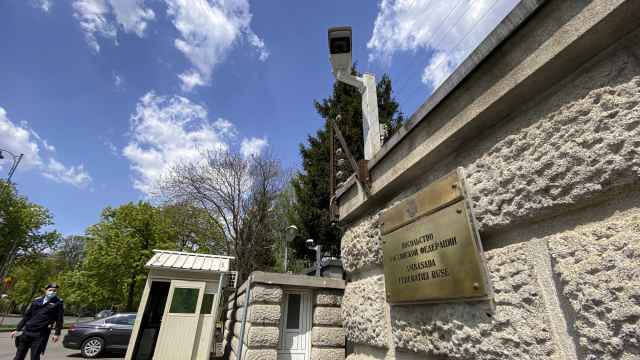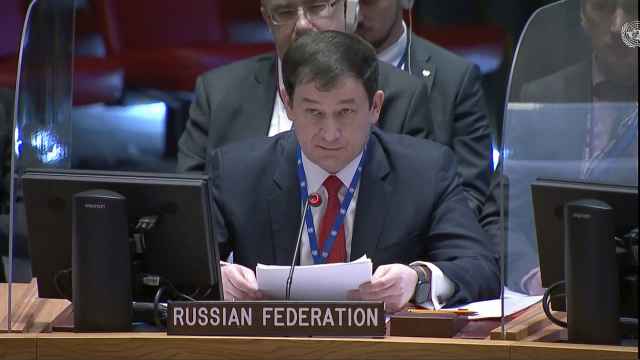The ambassadors of the United States and the European Union in Russia have left Moscow after ending their diplomatic tenures as Russia's invasion of Ukraine plunged relations to their lowest point since the Cold War.
John Sullivan, 62, left Russia on Sunday and will retire from four decades of public service under five U.S. presidents, the embassy said in a statement. Sullivan was appointed ambassador to Moscow in December 2019.
Sullivan was assistant secretary of state under the presidency of Donald Trump, and held several senior positions in the justice, defense and commerce ministries throughout his career.
"Elizabeth Rood will assume duties as Charge d'Affaires at U.S. Embassy Moscow until Ambassador Sullivan's successor arrives," the embassy said.
EU Ambassador Markus Ederer has also departed Russia, according to an unnamed diplomatic source in Brussels quoted by Russia’s state-run TASS news agency Sunday.
French Ambassador to Malaysia Roland Galharague will replace Ederer as part of a “planned change” in the near future, the report said.
“The EU adheres to the need to keep open diplomatic chanels of communication with Moscow” despite the crisis in relations with Russia, the diplomatic source added.
Since the launch of the Russian offensive in Ukraine at the end of February, the West has imposed sweeping economic sanctions against Moscow and provided substantial military aid to Kyiv.
The U.S. embassy has also been trying to secure the release of its citizens detained in Russia in recent weeks, including basketball superstar Brittney Griner who was sentenced last month to nine years in jail by a Moscow court on a drug charge.
AFP contributed reporting.
A Message from The Moscow Times:
Dear readers,
We are facing unprecedented challenges. Russia's Prosecutor General's Office has designated The Moscow Times as an "undesirable" organization, criminalizing our work and putting our staff at risk of prosecution. This follows our earlier unjust labeling as a "foreign agent."
These actions are direct attempts to silence independent journalism in Russia. The authorities claim our work "discredits the decisions of the Russian leadership." We see things differently: we strive to provide accurate, unbiased reporting on Russia.
We, the journalists of The Moscow Times, refuse to be silenced. But to continue our work, we need your help.
Your support, no matter how small, makes a world of difference. If you can, please support us monthly starting from just $2. It's quick to set up, and every contribution makes a significant impact.
By supporting The Moscow Times, you're defending open, independent journalism in the face of repression. Thank you for standing with us.
Remind me later.


